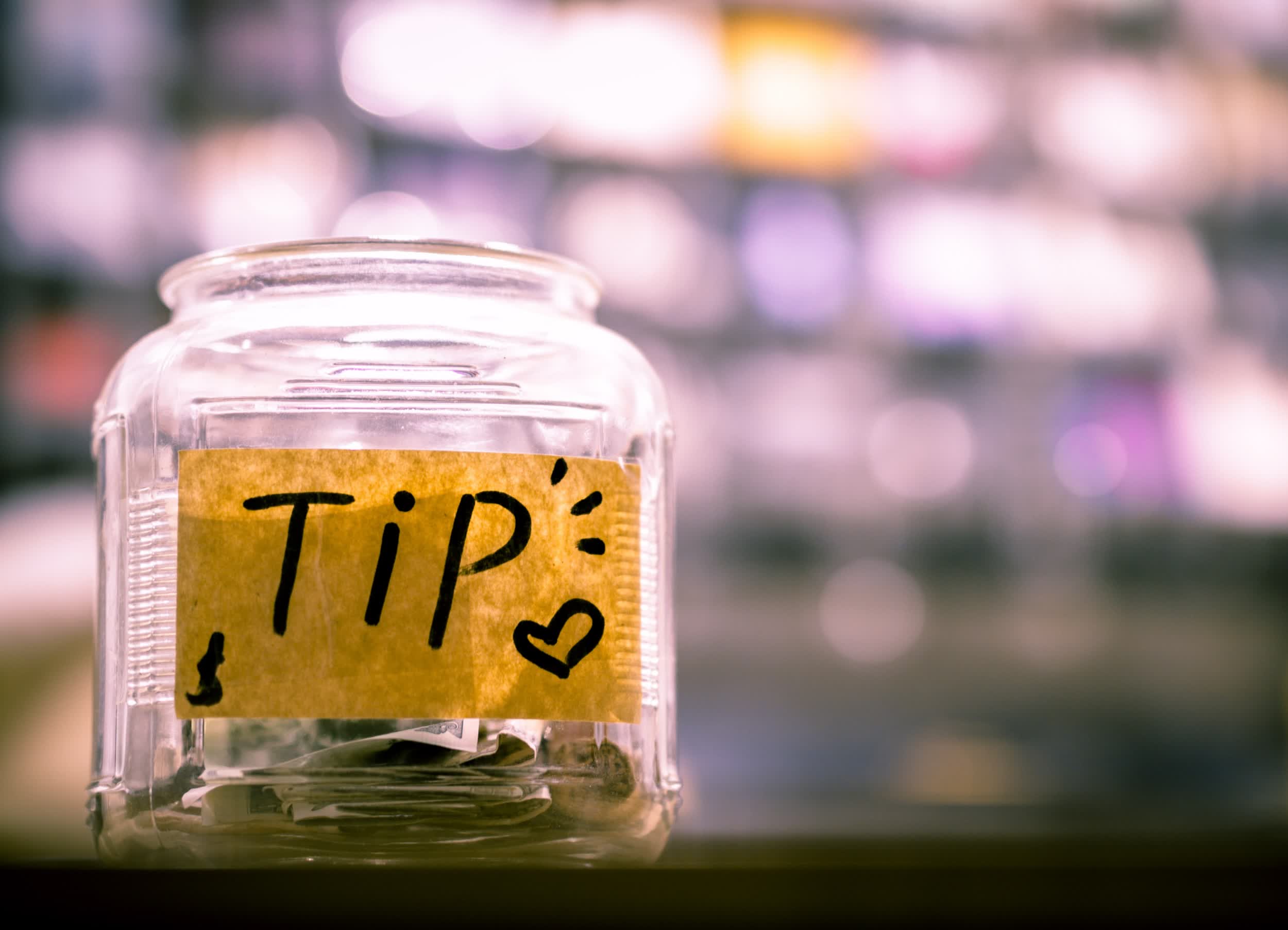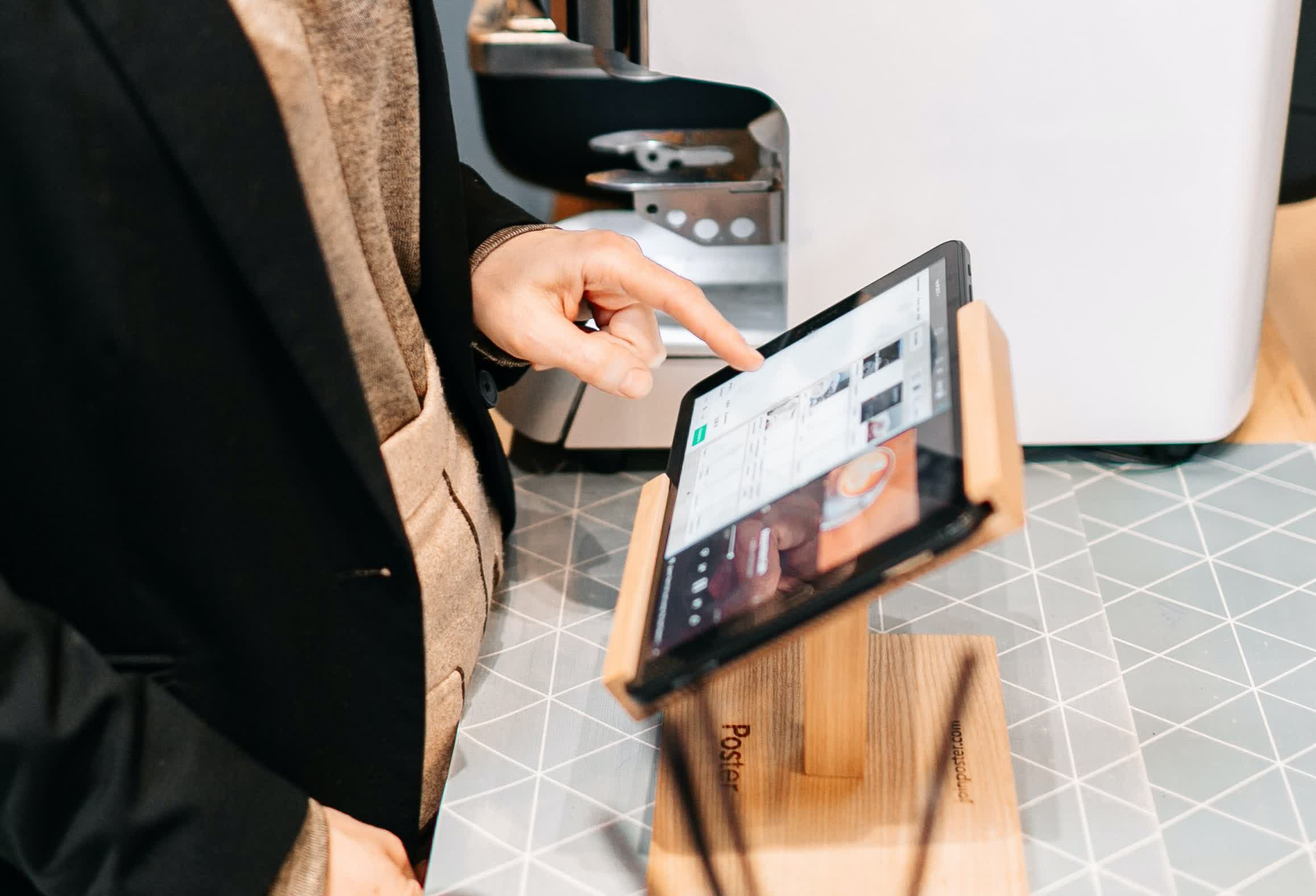A hot potato: Tipping has and probably always will be an emotional topic. As technology continues to replace jobs traditionally done by humans, does the moral tug to tip for exemplary service disappear?
The Wall Street Journal recently looked into this very topic and found that in several cases, businesses are prompting customers for tips at self-checking machines even when there is zero interaction with an actual employee.
At a self-serve beer fridge at San Diego's Petco Park, 28-year-old Corey Gary was prompted to leave a tip during checkout. The IT specialist said he was confused by the message because it was not clear who he was actually tipping, but elected to leave 20 percent anyway.
When pinged for a tip on a $6 bottle of water at a self-checkout kiosk at Newark Liberty International Airport in New Jersey, Garrett Bemiller said he was caught off-guard. He described the prompt as a bit of emotional blackmail and declined to tip.
While self-checking out at a cookie shop in Metairie, Louisiana, Emily Clulee and Gracie Sheppard noticed a sign asking them to consider tipping "if we made you smile." The two complied despite the fact that their only interaction with an employee was when they were asked to step aside to wait for their order.

Researchers and labor advocates label the behavior as tip creep and argue that it is a way for employers to pin the responsibility of wage increases on the consumer. Some, like Professor William Michael Lynn at Cornell University's Nolan School of Hotel Administration, believe companies are "taking advantage of an opportunity."
Companies, meanwhile, insist tips are an optional way of saying thank you for a job well done. But who are you thanking if there was no human interaction during the entire process?
What are your thoughts on the matter? Have you been prompted for a tip at a self-service kiosk? Are companies in the wrong for rattling the tip jar when no actual human interaction has occurred?
